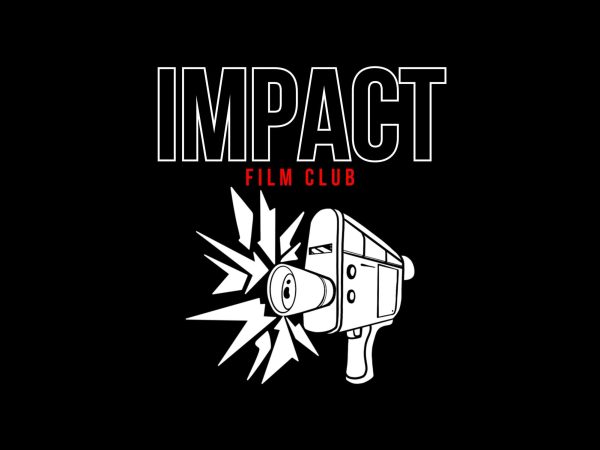Titus Andronicus’ “Local Business” stands out from the rest
Titus Andronicus’ “Local Business” earns four out of five stars.
October 24, 2012
Writing well about punk rock is like trying to rob your own mother without guilt. There’s a slight chance you might be able to pull it off, but probability sides on it being a bad idea beginning to end. The difficulty arises because punk’s definition has ballooned to include everyone from the Sex Pistols to Green Day and back again. The degree of vitriol and amount of angry guitar stabs seem to sway with each individual band attached to the genre, but punk sometimes has a reputation for being unintelligent and politically simplistic. Stop by “Local Business” by Titus Andronicus and you’ll see a band recording deeply literate, Clash-esque pleas and rants, reaffirming and deconstructing the nature of anarchic and angry rock ‘n’ roll.
Hailing from New Jersey, Patrick Stickles and his bandmates are equal parts Joe Strummer and the Boss. They take Springsteen’s desperation and shake it free of his characteristic hopefulness, writing lyrics unfriendly to any sense of sentimentality. Track one is “Ecce Homo,” a Latin phrase meaning “Behold the Man,” the words of Pilate to an almost-crucified Christ and the title of Friedrich Nietzsche’s autobiography. In case it’s been hard to catch on, the band has far more in common with Nietzsche than Jesus of Nazareth. Ornamenting the album’s opening track is this cheery turn of phrase: “Okay I think by now we’ve established / everything is inherently worthless / And there’s nothing in the universe / with any kind of objective purpose.”
Music that explores a variety of ideas
So they start out hollering and we’d be fools to think they would let up. Stickles and comrades are the angry young men archetype fleshed out and personified. They defy and rejuvenate punk constructs more than conform to them though. “My Eating Disorder” goes on for eight minutes, hardly a quick burst of Sex Pistols energy. These are not Black Flag or Bad Brains songs, short sprints eclipsed by sharp intakes of angst like oxygen appropriated, celebrated and venerated. Given the Darwinian worldview the band is all about, their style should not be surprising. The songs oscillate, shift and morph into different species entirely all within the course of five minutes. Some guitar licks burst triumphantly above others while dud ones fail but still fit into the schema the band is building. The music is as chaotic and unpredictable as the lyrics suggest the world at large is.
For all its nihilism, the album is more shot through with sadness or sorrow than detachment and depression. On “Still Life With Hot Deuce On Silver Platter,” Stickles rambles out, “There’s no real altruism, kid / It’s just a new set of clothes on the same old selfishness.” But there’s no doubt the singer wishes there could be such a thing as real, authentic altruism, as kindness sans ulterior motives. Lyrically, “Local Business” stands out for all the paradox of personhood it presents. Vulgarity is mixed with hyper-literate, grad school, philosophical intelligence, an amalgamation mirrored in the lives of a great number of everyday college students.
A deeper meaning to punk rock
“Local Business” is punk rock grown up and individuated. The ideas expressed here are despairing yet poignant, existential yet punctuated by the occasional Tourette’s Syndrome of silly, ironic absurdity. Stickles matures the genre he resides in because he’s never been about just ranting, railing and tearing down. He may see the world as meaningless and absurd but he wants to build something beautiful out of that. His is a voice to empathize and contend with. He’s the proof that Nietzsche and his descendants, punk rockers and academicians alike, are not a bunch of fools but sparring partners and idea makers. Naming your band after one of Shakespeare’s more peripheral and violent plays could be seen as a flippant, even random gesture. But for Titus Andronicus, their guitars are out for blood and their lyrics are marked by a poetic cogency that, in their best moments, elevates indie punk to the level of musical literature.







